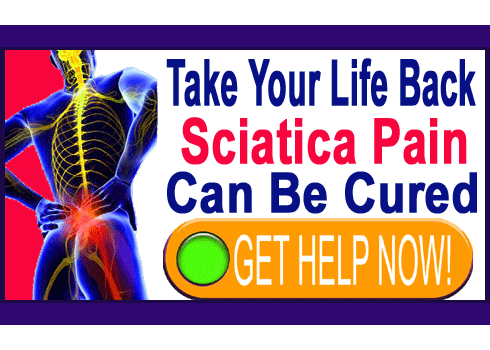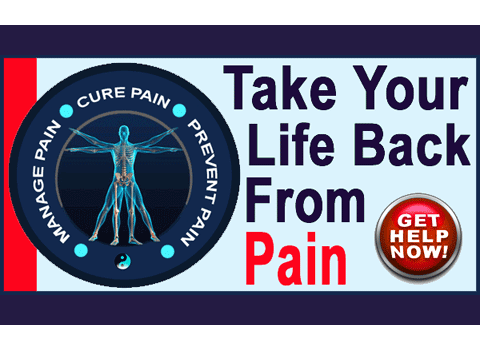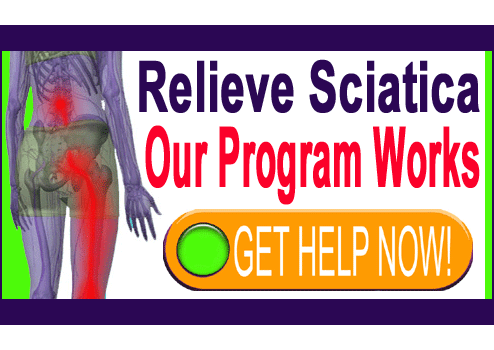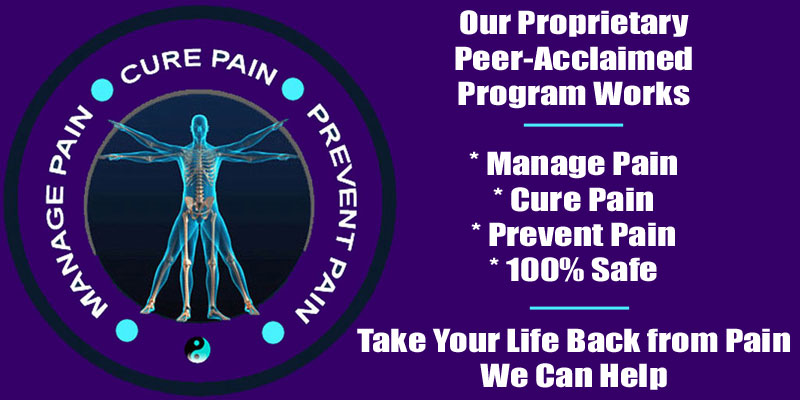
Sciatica medicine is a popular treatment option for patients who are inclined to seek pharmaceutical therapy for virtually any type of neurological pain. Medication, also known as sciatica drugs, may help some chronic lower back and leg pain sufferers to deal with flare-ups of symptoms, but these products will never provide a cure; nor are they designed to. Be sure to understand that any drug which is taken for sciatica is purely symptomatic treatment and any positive effects imparted will likely be extremely temporary and may come at great risk.
This article examines the ease and popularity of pharmaceutical care for sciatica patients, but also sheds light on the dangers of long-term drug utilization.
Efficacy of Sciatica Medicine
We can not even begin to estimate how many patients write to us and say that they have been taking medicine for a long time, but they still have pain.
What did they expect? Did they expect a cure?
Well, reading the thousands of letters and emails, we would say they did expect just that. We know the notion sounds naive, but the unenlightened attitude demonstrated by these patients clearly points to a fundamental breakdown in communication between the drug recipient and the prescriber.
Do we blame these patients for their naivete? Yes, partially, since we always recommend that patients ask questions and demand answers, when it comes to their health. Simply following orders, like a sheep to slaughter, is never advised, since doctors make mistakes often.
However, we place the lion’s share of blame on the very doctors who write these prescriptions. They obviously dropped the ball by neglecting to inform their patients that these drugs are not curative and will never provide a lasting sense of sciatica relief, no matter how long the pills are taken for.
Let’s see what else these doctors “forgot” to tell their patients and explore the reasons why this information is often purposefully left out of patient conversations.
Sciatica Medication Problems
Here are some fast facts about medications, which may have slipped your doctor’s mind when they handed you that small, but powerful, piece of medical script to get filled at the local pharmacy:
Drugs are dangerous. They have known and unknown side effects. In quantity, almost all pharmaceutical substances can be harmful or fatal. Many pharmaceutical products leave residual evidence in the anatomy, which can cause wide-ranging problems from organ failure to blood poisoning.
We have never met a single direct casualty of sciatica, but have met hundreds of people who eventually died from using prescription drugs.
Many sciatica drugs are addictive, physically and psychologically. Dependency is a huge concern, but it is an unlikely topic for discussion with your doctor. This nasty little secret of pharmaceutical pain management is directly responsible for descent into a criminal lifestyle, illicit activity and possible death, in numerous patients yearly.
Drugs make a person feel and think differently. They change who you appear to be, to yourself, and to others. This is never a good thing.
Drugs, like all forms of symptomatic treatment, must be maintained forever in order to remain effective. Do you really want that kind of burden on your back for the rest of your life?
Doctors earn financial incentives from drug companies for prescribing their products. This is a fact. Write a script, make some extra money. Write lots of scripts, make lots of extra money. Call it what you will; this practice is nothing short of criminal and should be prosecuted, since it interferes with medical common-sense, placing profit at a higher priority than patient health.
Sciatica Medicine Suggestions
Here is our universal answer to patients who write to us looking for advice on the best pill to take for sciatica:
Stop taking pills. They will only get you in trouble, if you use them long-term. For acute cases of pain, they might be fine. But, we both know that sciatica is likely to be a lasting and recurring issue, leading to the ideal circumstances for addiction, health problems and economic hardship.
We are not making any ethical or moral judgments concerning the need to manage pain. If you like pills, then so be it. Take them as much as you want. There is no shortage of doctors who will happily provide them to you, now and forever. However, we are simply trying to help. We are sharing this factual information for patients who have not considered these factors and can actually benefit from the knowledge.
Please save your letters which start off with: “You tell me not to take pills, but you don’t understand my pain…”
We are patients also. We do not sympathize. We empathize. We live the same chronic pain nightmare. However, there are other ways of managing pain which are less destructive and may actually be constructive in some instances. Do not limit yourself to investigating the easy way out. Look deeper and possibly find relief that does not have to come with such a high pricetag.





